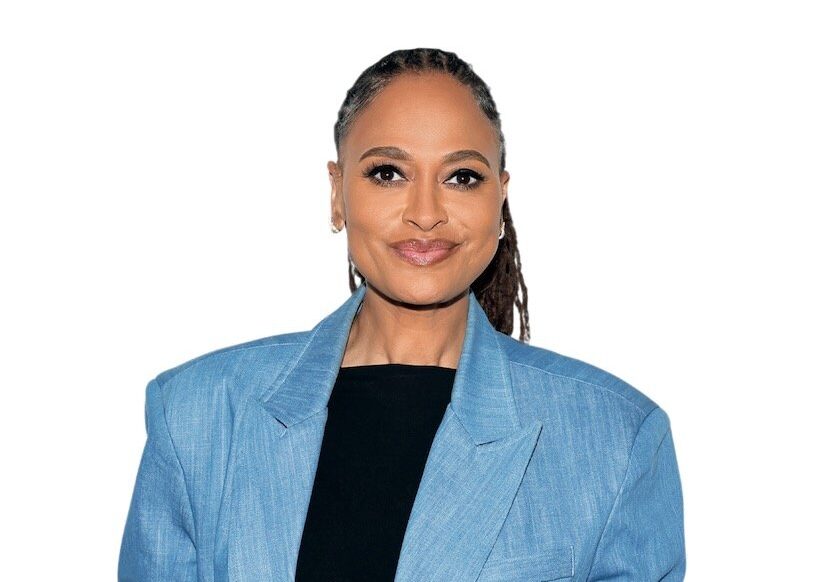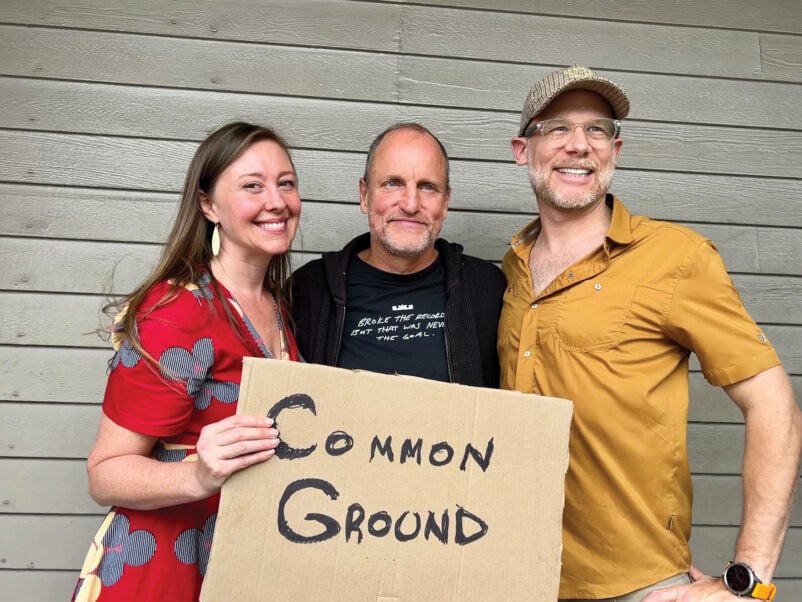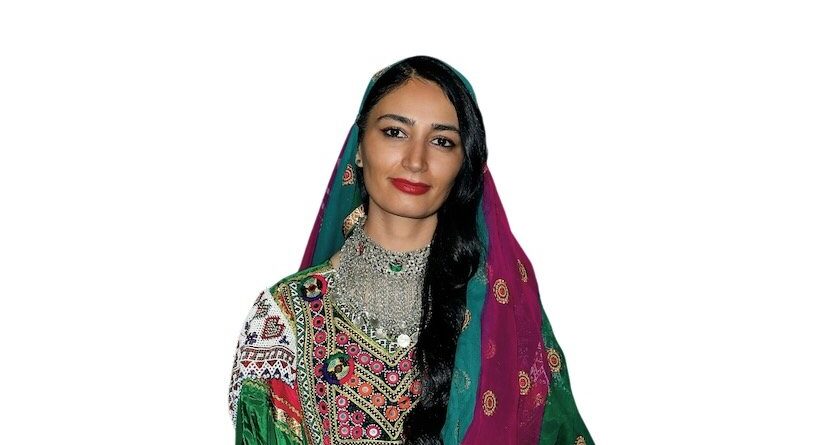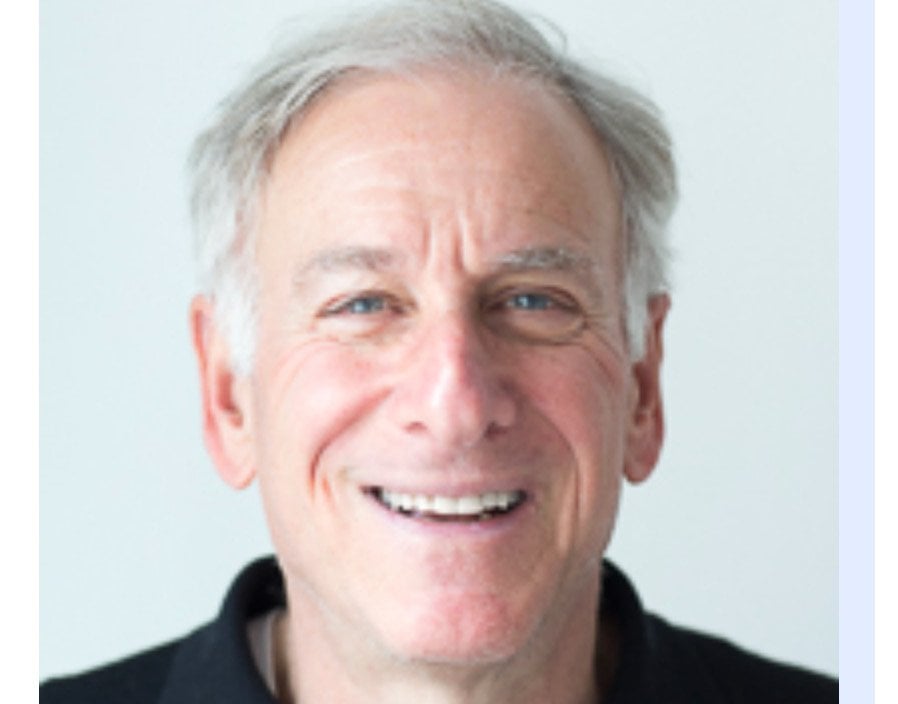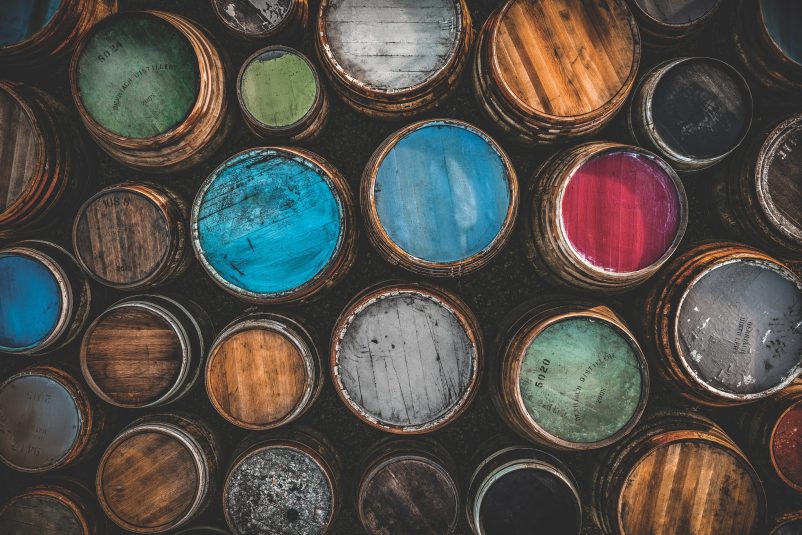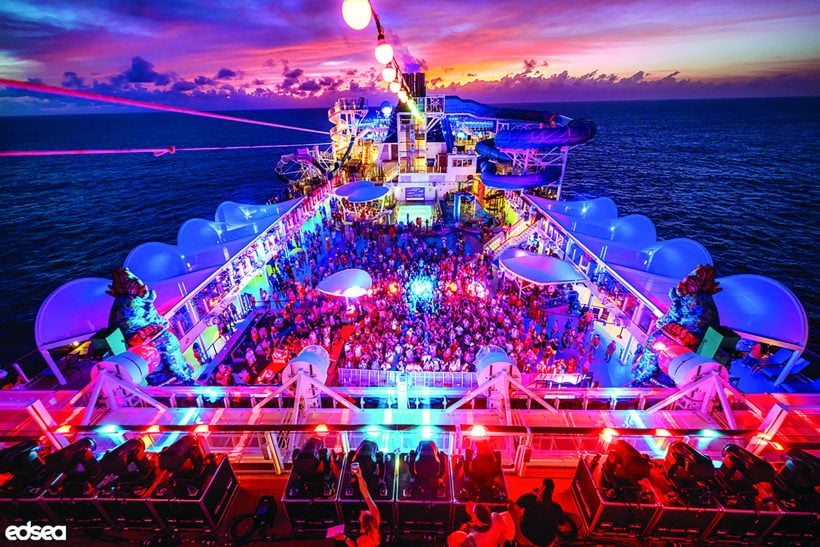Decades ago, we were in Beaune, Burgundy, trying to track down organic wine producers. We happened upon a leading wine shop and asked the owner to identify his organic selections. His hand swept the room, indicating nearly all were. We were incredulous, partly because none were labeled as such. He politely explained that most of these families had lived and farmed on their small estates for centuries and knew enough not to poison their soils, or their families. They had never abandoned their traditional methods, which, coincidentally, were now in vogue (as organic). These producers have always sold out, mostly on allocation. They didn’t need to advertise their methods. The wines spoke for themselves.
Remembering this experience, we thought it was time to get an update from Robin Kelley O’Connor, one of the world’s leading wine experts, lecturer, sommelier, writer, and international wine judge. What follows is an extremely truncated biography.
Mr. O’Connor is co-host with Kevin Zraly on “Windows on the World Virtual Wine School.” He worked for Italian Wine Merchants, as the director of wine education and private client portfolio advisor, specializing in rare and collectable wines. He was previously vice president, lead specialist, and head of wine, Americas, for Christie’s Auction House, and vice president at Sherry-Lehmann. He worked for 20 years with the Bordeaux Wine Bureau. He has been inducted into the wine world’s most prestigious institutions, including the Commanderie du Bontemps de Médoc, the Jurade de Saint-Emilion, Les Hospitaliers de Pomerol, and NY Chapter of the Commanderie de Bordeaux.

Before asking him about ethical wines, we asked him a little more about himself.
(This interview has been edited for clarity and space.)
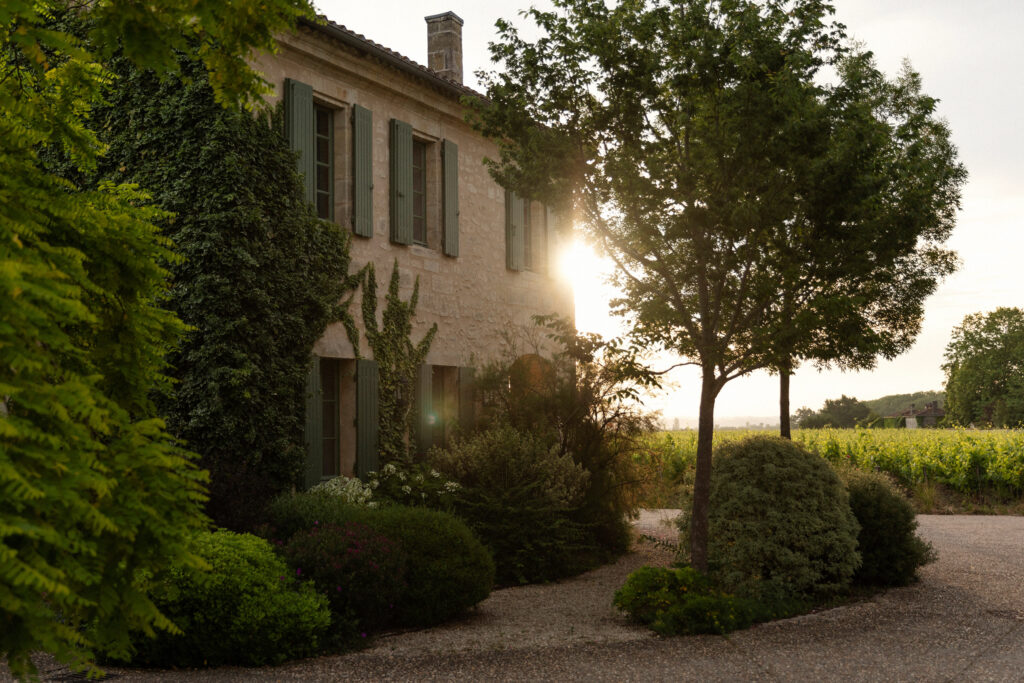
What piqued your interest in the world of wine?
Robin Kelley O’Connor: I noticed there was a wine appreciation course at my college, the University of Maryland, given by their adult education department, the largest university in the U.S. Because wine explains history, geography, and cultural mores, it fits nicely into my interests as a European history and political science major. The professor had us taste all the grand crus during the two years I took these classes. This was so many decades ago that the prices, even for the best wines, were a fraction of what they are today. Students could taste the best in a classroom. I was intrigued and started reading everything I could about wine, which wasn’t much then.
Then I did a semester abroad in Eastern Europe where wine was offered with every meal, so I learned a lot about Eastern European wines—not the usual route of France or Italy as the foundational wines.
A few years after graduation, I planned a two-month trip to Europe but I “missed” my return flight and stayed five years, mostly in Paris, but with significant periods in the rest of France, Spain, and the UK, where I was allowed to take wine classes in return for doing entry-level work. Before that, in France, I worked with several prestigious Chateaux picking their grapes.
From there, how and why did you make the transition to fine wine?
The Chateaubriand Restaurant at London’s Mayfair Hotel didn’t have anyone who knew how to decant wine. No kidding. To get the job, all I had to do was decant an old port without damaging the decomposing cork. I was 25 years old, working with one of London’s best wine lists. It was a night job, so I could continue with my wine education during the day. Luckily, this included more grand cru tastings. My mentor, Michael Broadbent, happened to be the head of Christie’s wine department. He was considered the world’s greatest wine taster.

In your exploration of fine wine, when did you realize that so many of the world’s top wines are quietly organic or biodynamic?
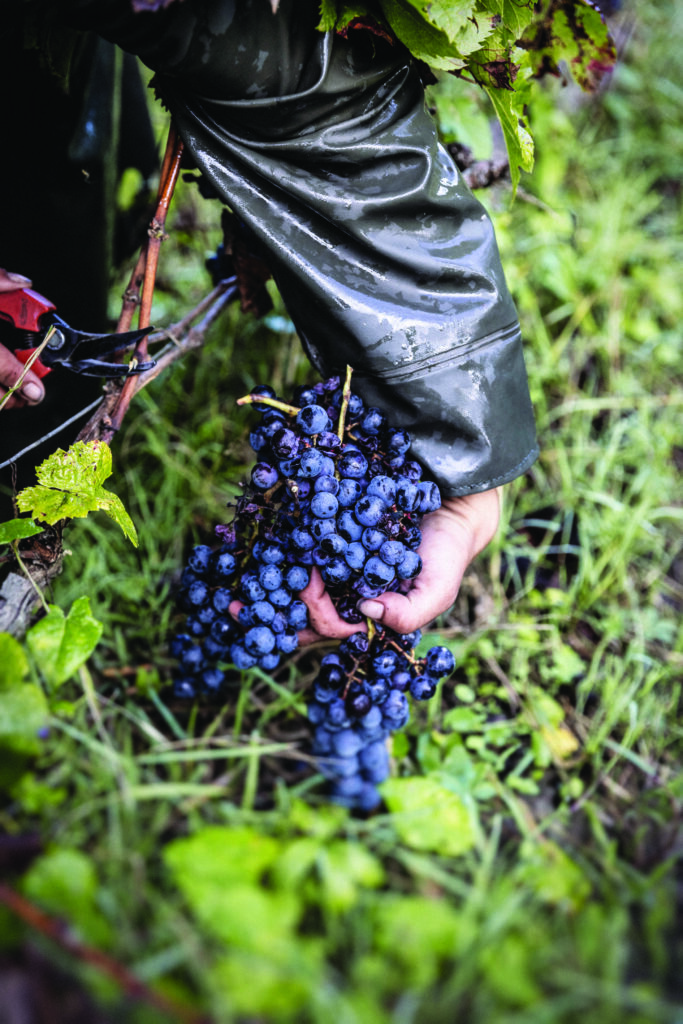
People were flirting with organic grape growing in the 90’s. I started working with the Bordeaux Wine Bureau in ’89. There’s a French wine expo every other year. The first organic participants I remember came from a small movement in the Loire Valley, led by Nicolas Joly and his Clos de la Coulee de Serrant, along with Burgundy’s Lalou Bixe-Leroy. They organized an organic wine side event that grew over time. Participants included a few vineyards from Burgundy, notably André Noblet’s, La Romanée-Conti. There were also pioneers from Alsace and Minervois. By 1995, the organic movement was reaching a critical mass with the driest areas, where it’s easiest to grow grapes, like Alsace, in the forefront. Notable vineyards were and are Zind-Humbrecht, Marcel Deiss, and Domaine Weinbach.
There are 5,300 chateaux in Bordeaux. By 2025, all aim to be sustainable, which means a lot in France. They’re tackling something difficult because Bordeaux is infused with moisture from the Atlantic.
How has the world of fine wine changed in the decades you’ve been doing this?
Overall, wines have never been better. We’re in the golden era of wine. It’s such a lucky time for both consumers and professionals. The only regret I have for young people is they can’t afford to taste the top wines. When I was a poor student, I could experience the best. Now Petrus is $4,200 a bottle. I can’t buy it now, but I have so many vivid memories because I worked there for 2 years. Also, young producers who used to sell to coops now take pride in bottling their own wines. Up and down the wine chain, the emphasis is on quality. For example, the late, legendary Burgundian négociant, Becky Wasserman taught us to care about terroir.
If a vineyard is organic or biodynamic, why would they choose not to tell the consumer?
There are a few reasons. Mostly because they sell out, so they don’t need it as a marketing tool. Also, they don’t want to be labeled as making wine in a particular way. Lastly, many of these family producers have been making wine for generations before there was such a thing as pesticides. They never used them, so why advertise them now?
What do you think the future of organic/biodynamic wine is? Is it on the upswing or not?
I see it as a gradual growth. For example, in Bordeaux, only 77 of the 5,300 vineyards are certified biodynamic. But with the sustainable movement taking hold there, I think you will see other Chateaux becoming organic. There’s a global push to be environmentally friendly. Organic is a step toward that.
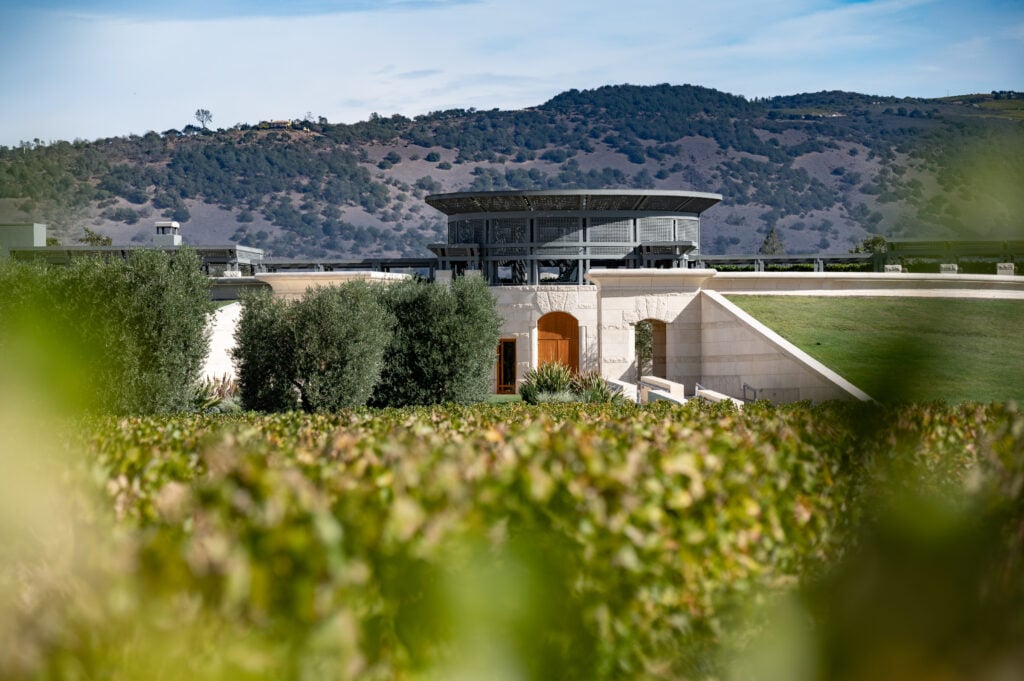
Which is most important to consumers: organic, biodynamic, or natural?
Organic is first. Most people appreciate what it means. Next is natural, which I’m not a fan of but has taken hold in a big way among young drinkers. I fear their inconsistency and odd characteristics may damage the reputation of good organic and biodynamic wines. Last is biodynamic because most people don’t understand the farming requirements.
In your opinion, which country is the leader in the ethical wine movement?
Italy is at the forefront because they have the weather and soil, making ethical farming easier. But France and Spain aren’t far behind.
How important do you think ethically made wine is to retailers?
Those in hipper, younger neighborhoods, like Brooklyn, care. I don’t think it’s gone mainstream yet.
When you are drinking for your pleasure, do you seek out bio/org wines?
Not really. It’s a bonus if it’s organic or biodynamic, but I’m more interested in drinking the most rewarding wine.
Where is the movement going?
Currently, the whole world is focused on the concept of sustainability. But it’s a baby step.
Robin Kelley O’Connor’s Top Picks
France
Château Palmer, Petrus, Château Pontet-Canet, the very affordable Clos du Jaugueyron, Château Y’quem, Domaine Zind Humbrecht, Domaine Weinbach, Gerard Bertrand Source of Joy Rose
Spain
Alvaro Palacios’s Finca Dofi and his $600 L’ermita, Raventós sparkling wine blanc de blanc ($20!)
Italy
Argentina
California
Opus One, Iron Horse sparkling Ocean Reserve, Tablas Creek (joint French-American venture)


